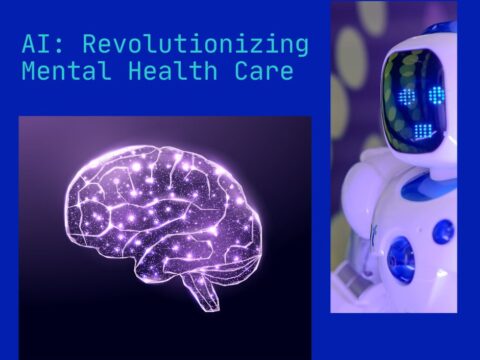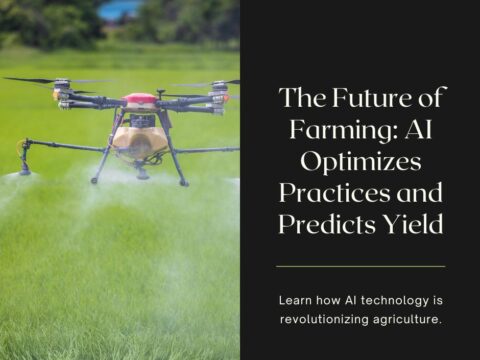Artificial Intelligence (AI) has emerged as a transformative force in the field of biotechnology, particularly in the realms of drug discovery and genetic research. This synergy between AI and biotechnology has significantly expedited processes that traditionally required extensive time and resources. In this exploration, we delve into how AI is revolutionizing drug discovery and genetic research, ushering in a new era of innovation and efficiency.
1. Accelerating Drug Discovery:
- Target Identification: AI algorithms analyze vast biological datasets to identify potential drug targets, allowing researchers to pinpoint molecules crucial for disease intervention.
- Compound Screening: AI enables high-throughput screening of compounds by predicting their biological activity, streamlining the identification of promising drug candidates.
- Predictive Modeling: Machine learning models predict the pharmacokinetics and toxicity of compounds, helping researchers prioritize candidates with higher chances of success.
2. Optimizing Clinical Trials:
- Patient Stratification: AI analyzes patient data to identify suitable candidates for clinical trials, ensuring more precise and personalized recruitment.
- Real-Time Monitoring: AI tools monitor patients in real-time during trials, providing early insights into potential adverse effects and overall drug efficacy.
- Endpoint Prediction: Predictive modeling aids in estimating trial endpoints, allowing for more informed decisions and potentially reducing trial durations.
3. Enhancing Genetic Research:
- Genomic Data Analysis: AI algorithms analyze vast genomic datasets, identifying patterns, mutations, and associations that may contribute to disease understanding.
- Personalized Medicine: AI assists in tailoring treatment plans based on individual genetic profiles, maximizing therapeutic effectiveness while minimizing side effects.
- Functional Genomics: AI contributes to understanding gene function and interactions, unraveling the complexity of biological systems and uncovering novel therapeutic targets.
4. Improving Diagnostics:
- Medical Imaging Analysis: AI enhances the analysis of medical images, aiding in the early detection and diagnosis of diseases such as cancer through image recognition and pattern analysis.
- Biomarker Discovery: AI identifies potential biomarkers indicative of diseases, facilitating non-invasive diagnostic methods with higher accuracy.
- Predictive Diagnostics: Machine learning models predict disease risks based on genetic and clinical data, enabling proactive and preventive healthcare.
5. Drug Repurposing:
- Mining Existing Data: AI algorithms analyze existing biomedical literature and databases to identify potential alternative uses for existing drugs, expediting the drug repurposing process.
- Cross-Domain Insights: Integrating data from various domains allows AI to draw connections between diseases, suggesting novel indications for known therapeutic agents.
6. Challenges and Ethical Considerations:
- Data Privacy: The use of extensive biological and genetic data raises concerns about privacy and the need for robust security measures.
- Interpretability: Ensuring the interpretability of AI models is crucial for understanding their decisions and building trust in their recommendations.
- Ethical AI Use: Addressing ethical considerations surrounding AI, including transparency, accountability, and bias mitigation, is paramount to responsible deployment in biotechnology.
The marriage of AI and biotechnology holds immense promise in advancing our understanding of diseases, accelerating drug development, and ushering in an era of personalized and more effective healthcare solutions. However, it is essential to navigate the ethical considerations and challenges to ensure the responsible and beneficial integration of these technologies in the biotechnological landscape.




